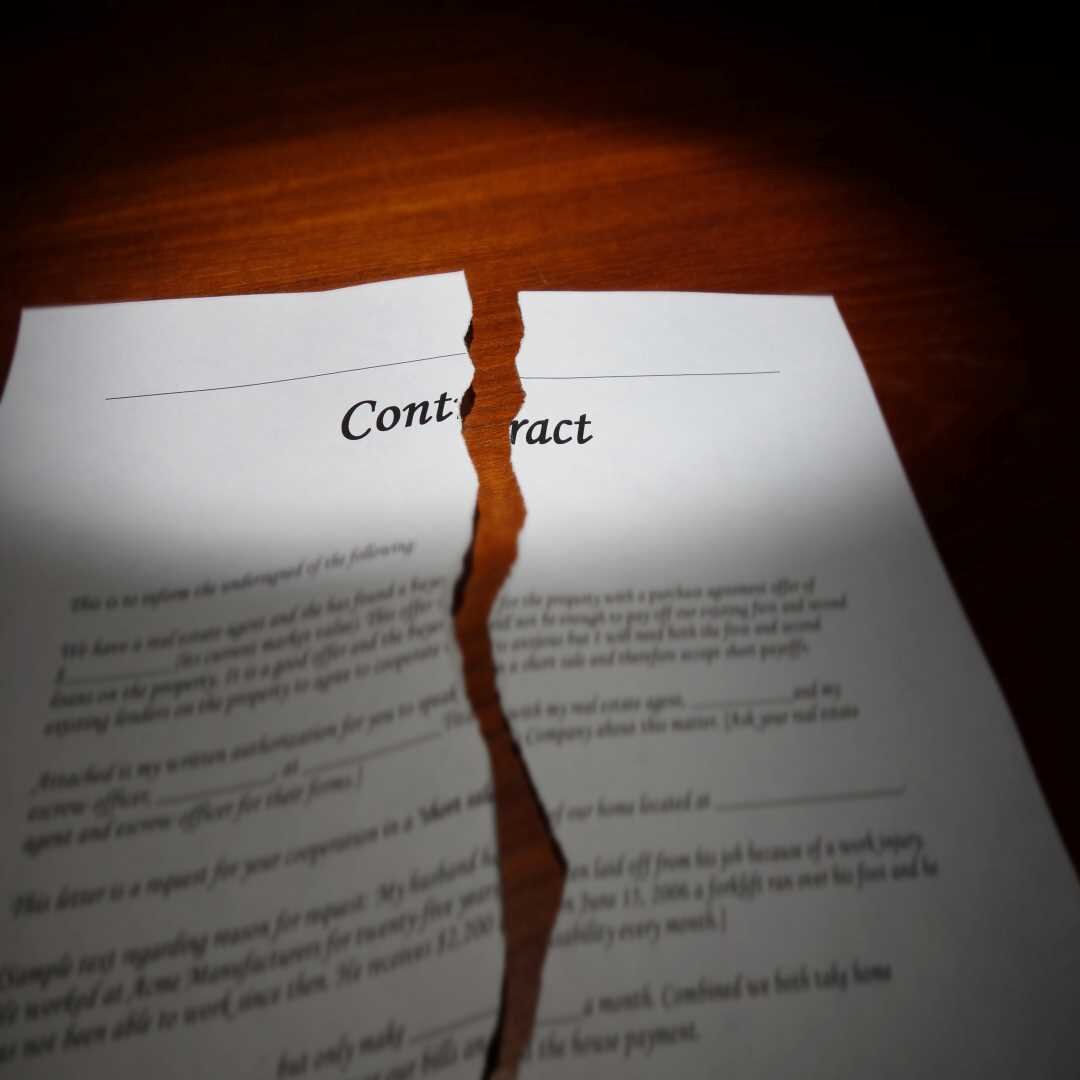
Latest News
Check out new updates
FIFA football agent regulations
FIFA's new regulations for football agents will come into full force on 1 October 2023, and from then on it will not be possible to act as an agent unless you have passed the exam or have been exempted from the exam due to licensing as a football agent from before 2015.
For players, clubs and agents, the new regulations involve major changes, and it is important for these groups to familiarize themselves with the changes in order to safeguard their own interests and to ensure that one does not violate FIFA's regulations, as this may result in sanctions from FIFA.
Dispute resolution in football
If a dispute should be handled by domestically, either by ordinary courts or domestic sports tribunals or by international sports tribunals, such as FIFA’s football tribunals, will primarily depend on whether the dispute has an international dimension. Many national football associations have established domestic sports arbitration systems, handling domestic sports related disputes, i.e. where all the parties to the dispute are based in the same country. A football dispute with an international dimension will normally be handled by FIFAs football tribunals.
FIFA and UEFA’s suspension of Russian teams from a legal perspective
On 28th February 2022, as a consequence of Russia’s invasion of Ukraine four days earlier, FIFA and UEFA decided to suspend all Russian teams from FIFA’s competitions. The far most important consequence of the decision was that Russia’s representative team was eliminated from the FIFA World Cup 2022.
The Court of Arbitration for Sport (CAS) rejected the Football Union of Russia’s request to stay
In a media release from the Court of Arbitration for Sport 18 March 2022, CAS confirmed that the President of CAS’ Appeals Arbitration Division had rejected the request filed by the Football Union of Russia (FUR) to stay, for the duration of the CAS proceedings, the execution of the FIFA Council’s decision to to suspend all Russian teams and clubs from participation in its competitions.
FIFA Clearing House
The main aims of the FIFA Clearing House is to increase the transparency of the transfer system, to protect its integrity and reinforce solidarity mechanisms for training clubs. These aims are sought to be reached by establishing a clearing house that centralise, process, and execute all payments related to transfers, hereunder transfer fees, solidarity contribution, training compensation and intermediaries/agents’ fees.
Termination of a football coach’s contract
Within the sports industry, few, if any, jobs are as vulnerable as the job of the football coach/manager. A study conducted by RunRepeat in December 20202 showed that averagely coaches and managers for clubs in the top five leagues in Europe last between 35 and 69 matches before they are replaced. The same study shows that less than ten percent of the football coaches and managers leave after the end of the contract
Unilateral termination of a football player’s contract
The consequences of terminating a contract will depend on whether there is just cause, or possibly sporting just cause, or not, and whether one is within the protected period of three / two years. Both the player and the club may be liable to pay compensation and could even risk sporting sanctions.
Disciplinary procedures in international football – FIFA’s and UEFA’s judicial bodies
The FIFA and UEFA disciplinary bodies and the Court of Arbitration for Sports (CAS) handle alleged breaches of a wide range of cases, including breaches of competitions regulations, regulations on protection of minors, third-party ownership (TPO), match-fixing, doping and the enforcement of decisions passed by other judicial bodies.
The FIFA guidelines on Covid-19
The outbreak of Covid-19/the coronavirus has forced the vast majority of the world’s football organisations and associations to suspend football activities to one extent or another. At present, all international competitions and most domestic competitions are suspended, whilst most countries have applied strict restrictions to avoid crowds, which strongly affect the possibility to organise team trainings. As a result of the challenges football faces due to Covid-19/the coronavirus, 7th April FIFA issued guidelines that address the legal consequences of Covid-19. This article will examine the guidelines regarding the contractual relationship between clubs and players, more specifically to what extent the guidelines can and will affect the clubs’ and players’ rights and obligations according to the player contracts.
History of FIFA transfer regulations
In January 2019, FIFA released a global transfer market report that revealed, inter alia, that the total spending on international transfers in 2018 reached a new high of USD 7.03 billion, 10.3% more than in 2017. A new record was set with 16,533 international transfers, 5.6 % more than in 2017, involving 14,186 players of 175 different nationalities. The highest transfer fee paid was the transfer of Neymar from FC Barcelona to PSG, priced at USD 263 million.
If comparing these figures with football transfers historically, the level of transfer fees being paid for players has been exploding in recent years. In 1995, in comparison, only USD 403 million were spent on 5700 international transfers.
Sports arbitration: The Court of Arbitration for Sport (CAS)
The Court of Arbitration for Sport (CAS) has the competence to settle sport-related disputes. CAS was created by The International Olympic Committee (IOC) in 1983 and is located in Lausanne, Switzerland. CAS also has branch offices in New York and Sydney, and at major sports events, such as the Olympic Games, the football World Cup and the European Football Championships, ad hoc offices are created to deal with violations of regulations in the current sports event.











